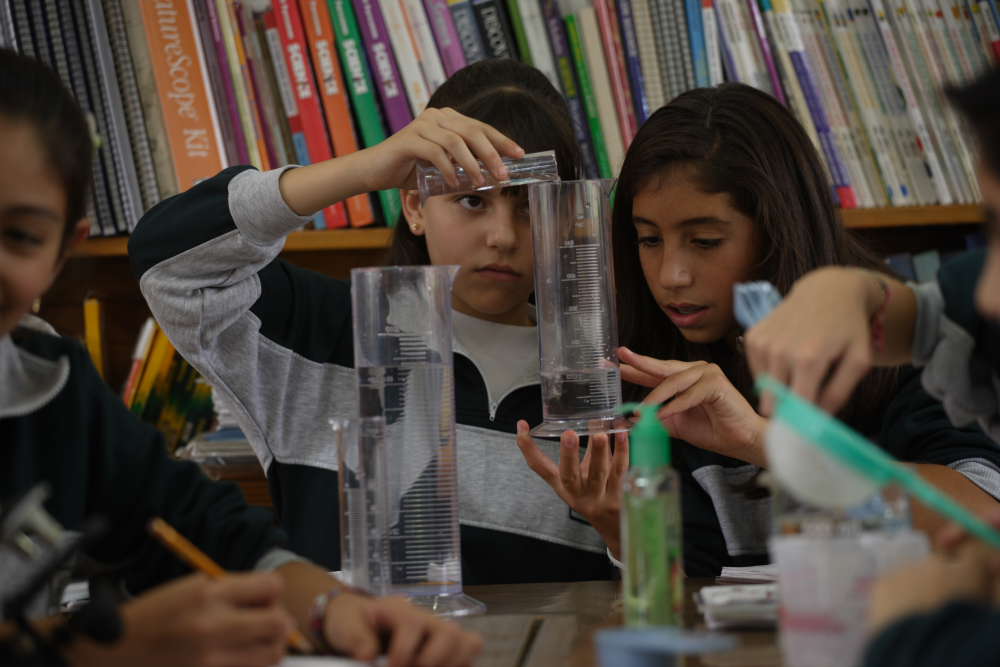
Mexico
Taco Anema

Mobilisation was achieved through economic valuation of water resources, provision of locally available information and capacity building for learning and leadership.
Generation of local knowledge leads to more disaster preparedness and increasing political openness over water at the municipal and State levels.
The scope of the project could have been wider in terms of stakeholder partnerships. The private sector was included in payments for watershed services schemes in the middle part of the catchment, but only for smaller scale holders. In the lower part, large palm and banana tree growers from Guatemala use large amounts of water with no compensation for water retention services upstream.